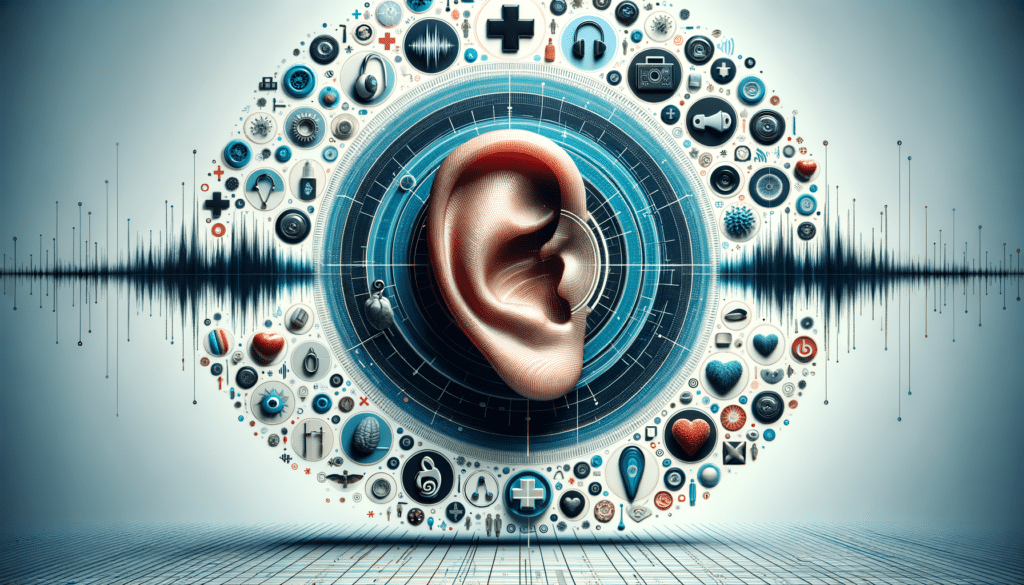Introduction to Tinnitus and Its Impact
Tinnitus, often described as a ringing, buzzing, or hissing sound in the ears, is a common condition that affects millions of people worldwide. While it is not a disease itself, tinnitus can be a symptom of other underlying health issues. This condition can significantly impact a person’s quality of life, leading to stress, anxiety, and sleep disturbances. Understanding the nature of tinnitus and exploring effective treatment options is crucial for those affected by this persistent auditory phenomenon.
Causes and Symptoms of Tinnitus
The causes of tinnitus are varied and can include exposure to loud noises, ear infections, and even certain medications. One of the most common causes is prolonged exposure to loud sounds, which can damage the delicate hair cells in the inner ear. Other potential causes include earwax buildup, age-related hearing loss, and conditions such as Meniere’s disease. Symptoms of tinnitus can range from a slight inconvenience to a debilitating condition, with sounds varying in pitch and intensity. It is essential for individuals experiencing these symptoms to consult with a healthcare professional to determine the underlying cause and appropriate treatment options.
Conventional Treatment Options
Conventional treatments for tinnitus aim to address the underlying causes and alleviate symptoms. Hearing aids are often recommended for those with hearing loss, as they can amplify external sounds, making tinnitus less noticeable. Sound therapy, which involves using external noise to mask the internal sounds of tinnitus, is another widely used method. Cognitive-behavioral therapy (CBT) can also be beneficial, helping individuals change their perception of tinnitus and reduce the associated stress and anxiety. Medications may be prescribed to address underlying conditions or to help manage symptoms, though they are not a cure for tinnitus itself.
Alternative and Emerging Therapies
In addition to conventional treatments, several alternative therapies offer potential relief for tinnitus sufferers. Acupuncture, for instance, has been explored as a method to alleviate tinnitus symptoms, with some individuals reporting positive results. Nutritional supplements, such as ginkgo biloba and zinc, are also popular among those seeking alternative remedies, though scientific evidence supporting their efficacy is limited. Emerging therapies, including transcranial magnetic stimulation (TMS) and vagus nerve stimulation, are being studied for their potential to alter brain activity and reduce tinnitus symptoms. While these treatments show promise, further research is needed to establish their effectiveness.
Lifestyle Adjustments and Coping Strategies
For many individuals, lifestyle adjustments and coping strategies play a vital role in managing tinnitus. Reducing exposure to loud noises and using ear protection in noisy environments can prevent further damage to the ears. Stress management techniques, such as mindfulness meditation and yoga, can help reduce the emotional impact of tinnitus. Joining support groups or engaging in therapy can provide emotional support and practical advice from others who understand the challenges of living with tinnitus. By integrating these strategies into daily life, individuals can improve their overall well-being and better manage their symptoms.





